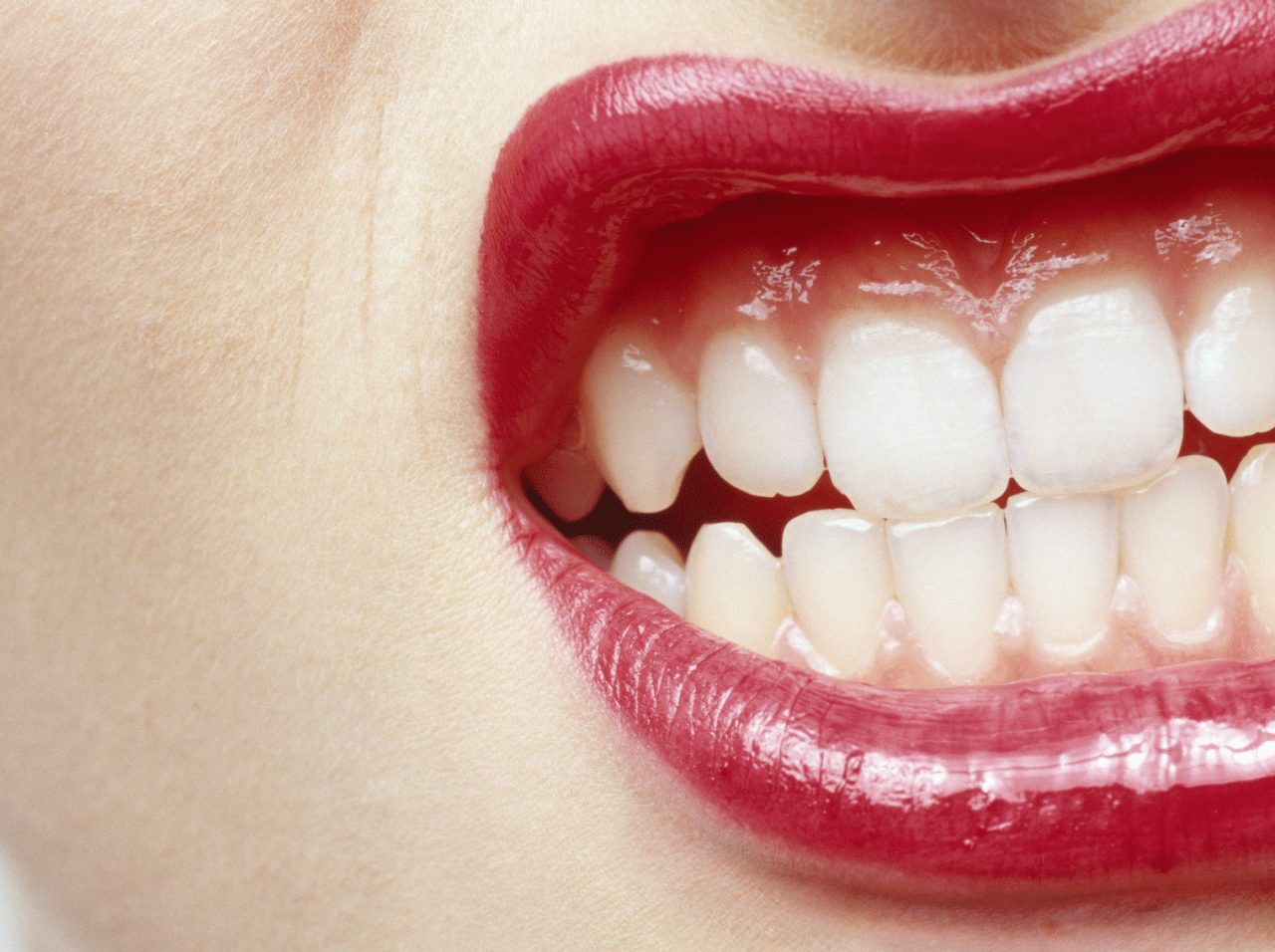Is Stress Hurting Your Teeth?

Dentists are seeing an increase in teeth grinding and clenching. Much of it can be tracked to stress. Here’s what you should know and how you can do about it.
Stressful times may times take a toll on your teeth. In one survey, more than 70 percent of dentists reported that more of their patients were clenching or grinding their teeth, a problem called bruxism. Dentists are also seeing an increase in chipped and cracked teeth, as well as TMD (temporomandibular joint disorder) symptoms, headaches, and jaw pain. Anxiety can trigger all of those problems.
If you’re grinding your teeth too often, you could damage them over time.
YOU MIGHT ALSO LIKE: How to Keep Your Gums Healthy
How do you know if you’re grinding your teeth?
Teeth grinding usually occurs during sleep. Anxiety may add to another cause, such as an abnormal bite, missing or crooked teeth, sleep apnea, and taking medication.
Tell-tale signs are a sore jaw or dull headache when you wake up
What are the effects of teeth grinding?
You could break, loosen, or wear teeth down, which might necessitate dental work like bridges and crowns. You could develop or increase pain in your jaw or face or neck, get headaches, and even see the shape of your face change.
What you can do
Your dentist can give you a complete picture and address any dental problems. Your dentist may also suggest creating a customized mouth guard for you to wear while you sleep. But you might first try mouth guards designed to work for anyone. The Sleep Foundation recommends several.
The mouth guard will help protect your teeth. It also makes sense to rule out or address any non-dental causes:
- GERD (commonly called reflux), combined with teeth-grinding, is linked to more risk of tooth damage. If you have a dry cough, heartburn, or sinus problems, talk to your doctor about GERD.
- Get checked for sleep apnea if you wake up unrested or are sleepy during the day, especially if you have obesity or problems with your nose. If you have a prescribed CPAP machine for sleep apnea, use it.
- Evaluate your medication, especially if you’ve changed it recently. Common antidepressants can trigger bruxism (it might take three to four weeks for the side effect to go away, after you stop taking the drug). So can antipsychotics. Talk to your doctor or psychiatrist.
- If you have neck pain, change your pillow or sleep position to make sure your neck is comfortable. A physical therapist or massage therapist can teach you trigger points and exercises.
- Cut back on or cut out foods with caffeine, such as colas and chocolate, as well as coffee and tea.
- Eliminate alcohol. It increases grinding and is linked to GERD.
- Don’t smoke, especially before bed.
- Don’t chew gum (you’ll be sending the wrong message to your jaw muscles) or pens.
- During the day, if you notice your jaw is clenched, practice putting the tip of your tongue between your teeth. Your jaw muscles will relax. Your goal is to get them used to relaxing.
- Put a warm washcloth against your cheek before you go to sleep.
- At bedtime, use relaxation methods you know work for you, like baths, breathing exercises, or soothing music.
Updated:
September 26, 2023
Reviewed By:
Janet O’Dell, RN